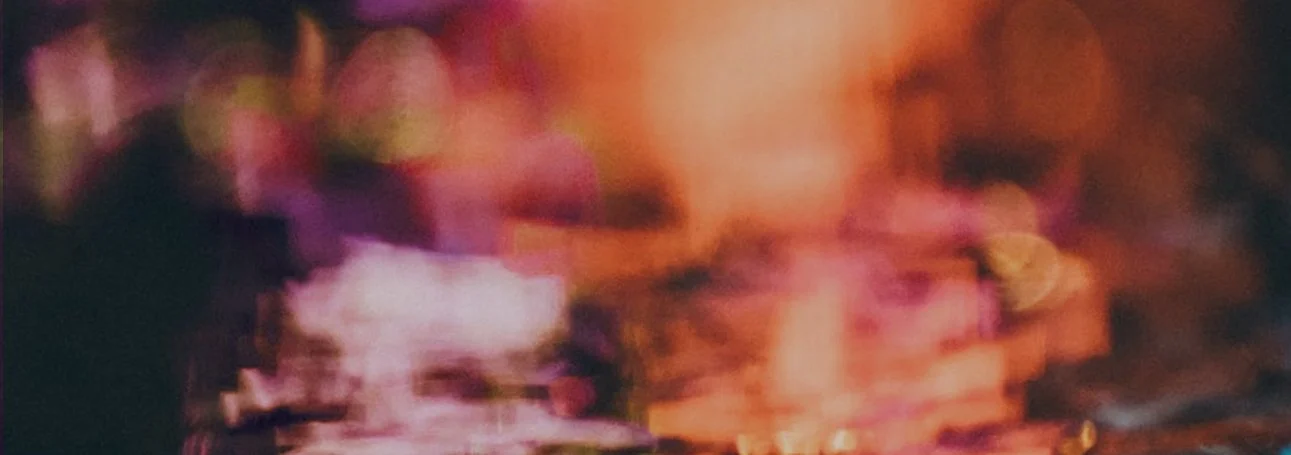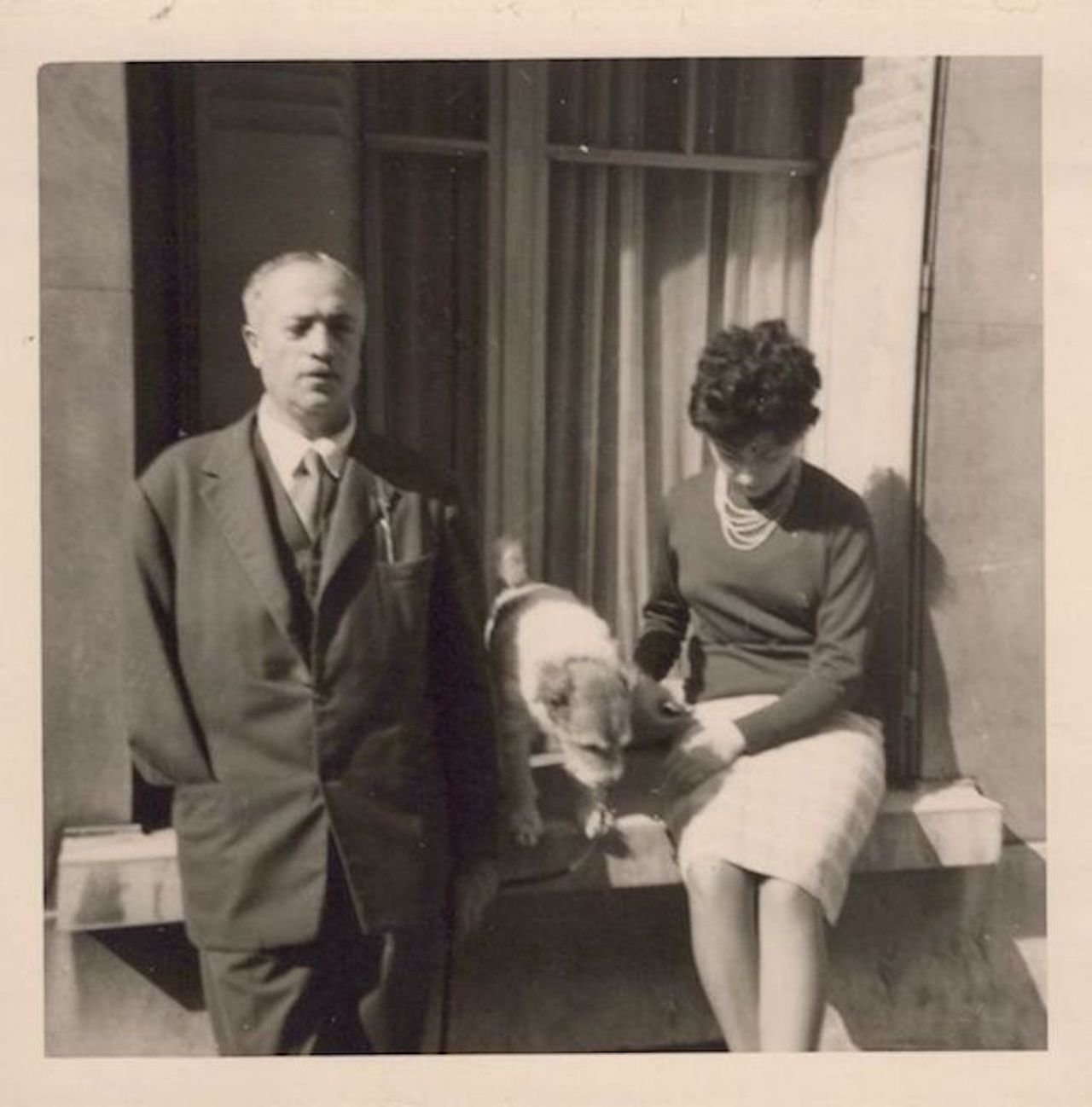I’m Alive Because My Grandfather Lost An Arm in World War II
My life began 30 years earlier than the date listed on my birth certificate. That’s when my grandmother fled from Paris with my mother, who was a mere six months old at the time. The Nazis hadn’t started the process of pounding on doors in the middle of the quiet night, but every Jewish family was aware of the impending danger and was making choices: escape or remain in denial and take their chances. My grandfather was away fighting with the French army in the war, so my grandmother and mother left everything behind and headed to Montpellier in the south of France.
Once they settled in, constant anxiety hovered over them. They were safer than in Paris but certainly not safe; German soldiers patrolled the streets and neighbors couldn’t be trusted to keep their identity a secret. Two of my mother’s cousins in the French Resistance disappeared and were never seen again.
Most troubling was that no one knew the whereabouts of my grandfather. Was he dead? A prisoner of war? Still alive fighting the enemy in a war-torn European village? The waiting and wondering – for months, a year or more? – must have been agonizing, each day trying to remain hopeful despite the bleak thoughts that must have occupied their minds every waking moment.
Then one day they a saw figure milling about in the town square. From a distance he seemed familiar. They moved closer and realized it was him, my grandfather. In a plot twist right out of Hollywood, it turned out that he had lost an arm in battle and was sent to recover at the closest hospital, which just happened to be in Montpellier. Elation, tears of joy, hugs and kisses, the family was reunited.
But darkness still surrounded them. Every now and then a warning spread throughout the town that the Germans would soon be conducting a raid on suspected Jewish homes. Fortunately, my grandfather knew a Spanish man who had a farm on the outskirts of Montpellier. The family, which now included another daughter, would hide in a barn until it was safe to return home. After the Americans liberated France everyone moved back to Paris.
Whoever went through the horrors of World War II has trouble talking about their experiences. We all hear of survivors, soldiers, and witnesses who can barely speak about the unspeakable. My mother was no different, unable to shed light for others to see into the dark corners of her early life.
Every time my brother and I asked her to tell us stories of her youth, she’d initially talk without reservation, only to suddenly choke up and avert her eyes and change the subject to something like, “So, where are we going to have lunch today?” I only know the story of Montpellier because her brother told me.
I suspect that whatever she experienced was unfit for the blank slate of a child’s soul. Trauma surely imprinted itself on my mother, planting the seeds of a mild yet consistent emotional haunting she endured her entire life. Babies brought up in a climate of fear can’t automatically become well-adjusted teens and adults; anguish doesn’t evaporate like water on a rain-soaked street.
But mom had the courage to move to America on her own in 1962. A year later she met my father on a blind date (the same year my grandfather died). Two years later my brother was born, with me following four years after that. Mom was obsessed with Mozart, The Beatles, politics, dark chocolate and McDonald’s Filet-O-Fish sandwiches. She loved talking to strangers and shocking them with off-color jokes delivered in her thick French accent. For her, the key to happiness was a cup of coffee and toast with a newspaper, a philosophy which originated from surviving on little during the family's period of hiding. She passed away in 2018.
When I think of her time in Montpellier, I can’t help but ponder the randomness of life, the obvious yet profound reality that if “this” didn’t happen, then “that” wouldn’t have happened. If her father didn’t lose an arm, he wouldn’t have gone to that hospital in the south of France. Who knows how long it would’ve taken for the family to reunite, if ever. Mom would’ve had different experiences, made different decisions, formed a different mental and emotional landscape. She would’ve taken another path in life and never moved to Los Angeles. Which means there’s no such thing as me.
It’s the events of mom’s story that allow me to type these words in a comfortable house, my wife Jill relaxing in a room down the hall from my office, our cat Sam and our dog Reggie at my feet. We have plenty of food to eat and books to read. We can go wherever we please without worrying the neighbors may tell the authorities about us. We don’t have to wonder about knocks on our door in the middle of the night.


